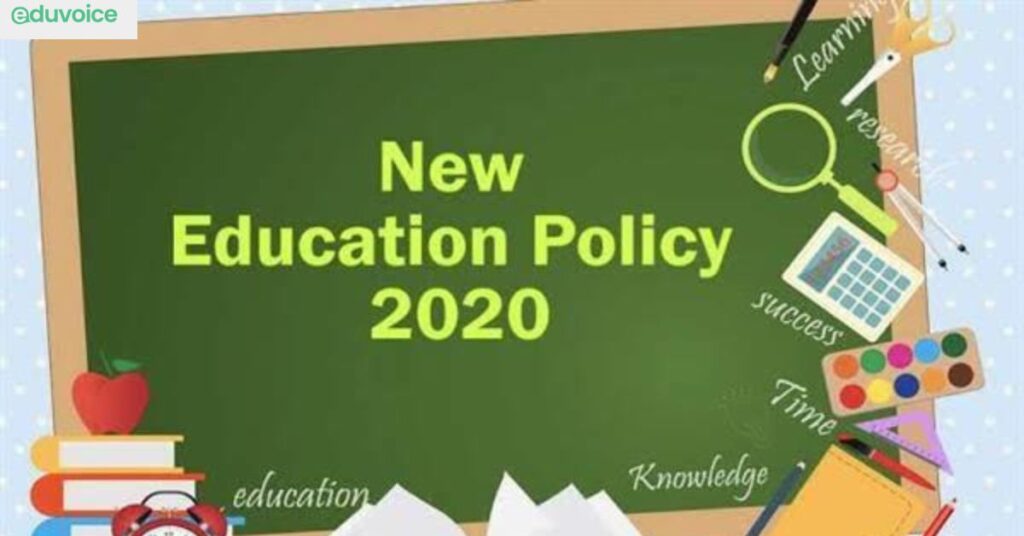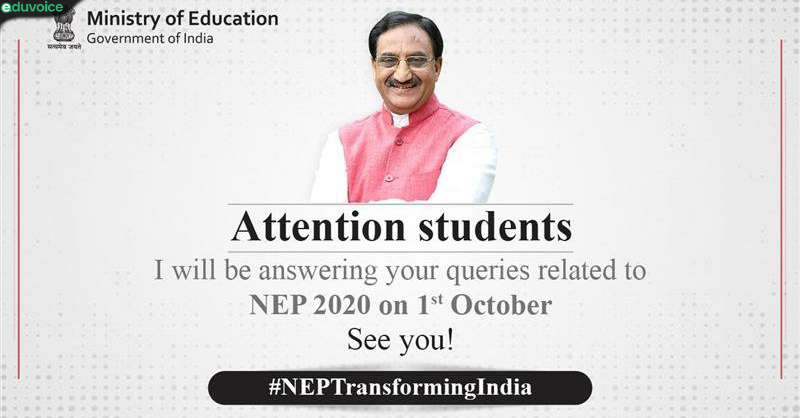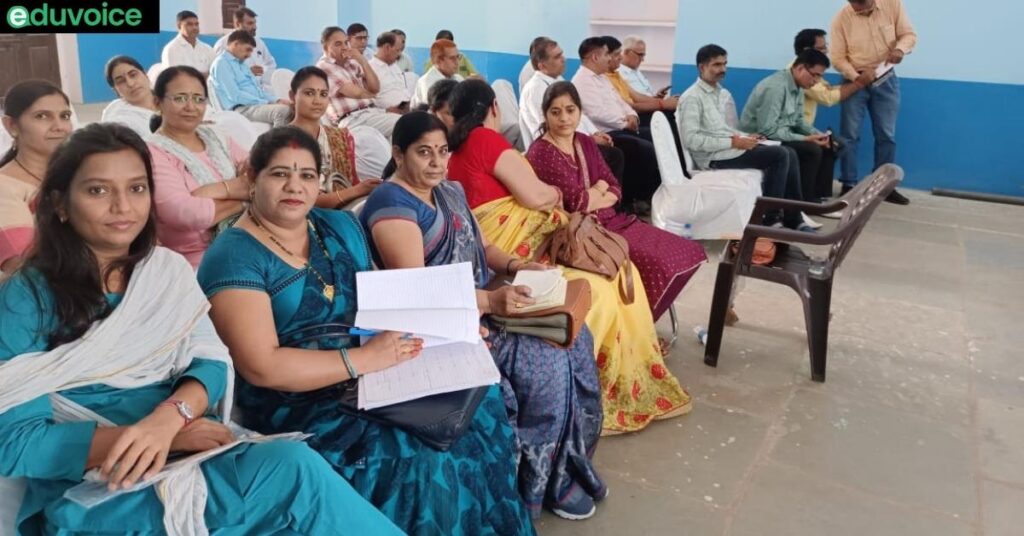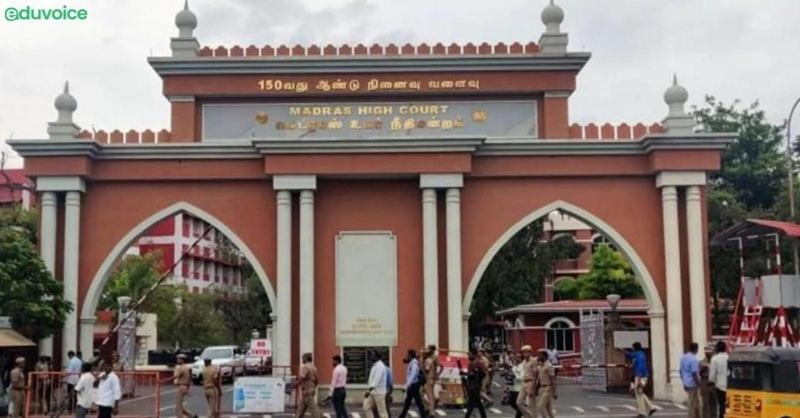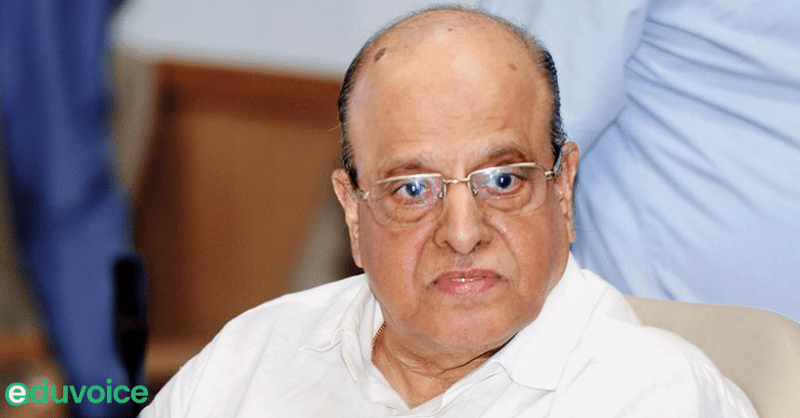The draft Higher Education Policy is in the final stage of review, ahead of being submitted to Cabinet for approval. This was disclosed by the Minister of Education and Youth, Hon. Fayval Williams said the timeline for approval is subject to Cabinet’s agenda. “But I would expect that before the end of this fiscal year, […]
Tag Archives: Education Policy
On 1st October, Education Minister Ramesh Pokhriyal Nishank will be addressing students’ queries regarding National Education Policy (NEP) 2020. A live session will be held on the Education minister’s official social media handles. The students can ask questions regarding NEP 2020 with #NEPTransformingIndia.
Pooja comes from a grounded middle-class family where every member contributes to the household income to make it work. She is a hard worker whose diligence led her to pursue engineering at a decently recognized university and now her wildest dreams are about to come true as she will be pursuing a master’s in computer science at a top-ranked university in the USA.
The academic and executive councils of Jamia Millia Islamia are yet to approve the implementation of the National Education Policy (NEP) in the university even though the new academic session is set to begin in two months. Though the NEP has been approved in principle by the university, it requires the stamp of the Academic […]
The Madras High Court has directed the State Government to file its counter affidavit in a PIL filed by one Arjunan Elayaraja, seeking to implement the National Education Policy, 2020 in the State of Tamil Nadu. When the matter came up before the bench of Chief Justice Munishwar Nath Bhandari and Justice D Bharatha Chakravarthy, […]
On Wednesday, the Assam Cabinet decided to restructure the state education policy, in order to line up with the National Education Policy. The new re-structured education policy will make schooling education a 15-year affair, compromising four categories- foundation, preparatory, elementary, and senior secondary, said Assam Chief Minister Himanta Biswa Sarma. The foundation category will have […]
MIT World Peace University (MIT-WPU), Pune organized the fourth session of the National Teachers’ Congress to discuss National Education Policy (NEP 2020). The fourth session of National Teachers’ Congress (NTC) organized by MIT World Peace University (MIT-WPU), Pune was attended by Ms. Najma Heptullah, Chancellor, Jamia Millia Islamia, Rahul Karad, executive president, MIT University, Dr. […]
Dr. K Kasturirangan, chairman of the committee that drafted the National Education Policy (NEP) 2020, on Thursday said the vision of India’s new education system is to ensure that it touches each and every citizen’s life and creates a just and equitable society. He said this during his virtual address at the 17th convocation ceremony […]

